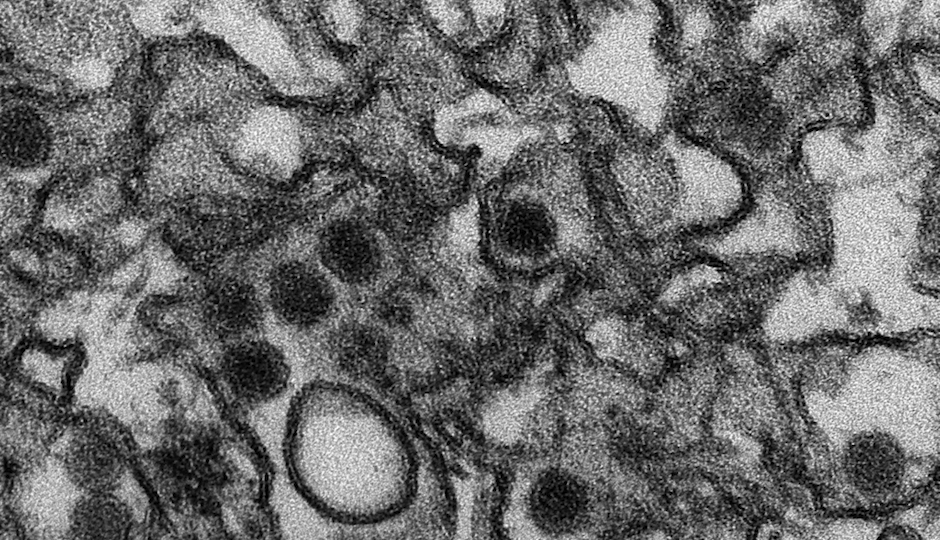First Confirmed Case of Zika in Philadelphia

Zika virus micrograph image via CDC.
One year ago, if you asked the average American if they knew what Zika was, they probably would have stared at you blankly. But now that the virus has found its way onto the Western Hemisphere — first with Brazil and now United States — it seems that not a day goes by without hearing about some new infection, and on Monday morning, city officials confirmed the first case of Zika in Philadelphia.
According to the Philadelphia Department of Public Health, a woman living in the city was diagnosed with the virus after returning from a trip to the Caribbean. Officials stressed that the woman did not require hospitalization and that she is recovering.
The Zika virus is usually transmitted through mosquito bites, and the mosquito that commonly carries it is not found in this area, say officials. Zika can also be transmitted sexually or between a pregnant woman and her unborn child and can cause birth defects in the brain. As such, Philadelphia Health Commissioner Thomas Farley has warned pregnant women against traveling to areas experiencing Zika outbreaks. He also advised all Philadelphians traveling to those areas to “take measures to avoid being bitten by mosquitos”:
- Wear long-sleeved shirts and long pants when going outside.
- Stay in places with air conditioning or that use window and door screens to keep mosquitoes outside.
- Sleep under a mosquito bed net if you are outside and are not able to protect yourself.
- Use an EPA-registered insect repellent, in accord with the manufacturer’s directions.
Zika has been around since the 1940s, when it was discovered in Uganda, and it’s only recently found its way out of Africa, the Pacific Islands and Southeast Asia. Last May, the Zika virus made news when it was found in Brazil, leading to fears over the upcoming Summer Olympics, and since the start of the new year, there have been confirmed cases in Illinois and Florida.
While Zika is rarely responsible for deaths, it can make you sick. Symptoms can include fever, rash, achy joints, and conjunctivitis. But, as a CHOP doctor recently told Be Well Philly, “Most people in the U.S. have little reason to worry.”
For more information about Zika in Pennsylvania, call the Philadelphia Department of Public Health’s Division of Disease Control at 215-685-6740 or visit www.zika.pa.gov.


